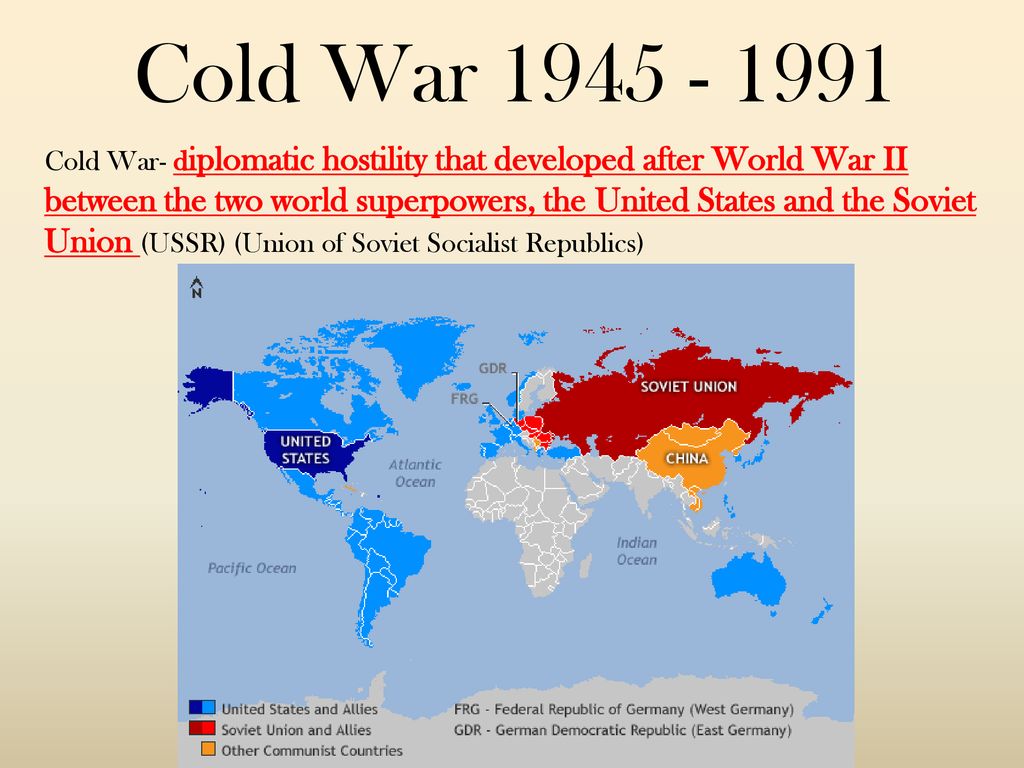The Soviet Union moved rapidly to consolidate its territorial position. Using the Red Army, the Soviets created “people’s republics” in Poland, Romania, Hungary. and Bulgaria, which became Soviet satellites.
Yugoslavia organized its own communist government, with Albania as its own satellite. Soviet troops occupied about a third of Germany, roughly between the Elbe and the Oder rivers. where the Soviets organized the communist-ruled satellite of East Germany. The part of Germany that lay east of the line formed by the Oder and Neisse rivers, except for the sections of East Prussia directly annexed to the USSR, was handed over by the Soviets to their Polish satellite; here a wholesale transfer of population replaced the Germans with Poles.
Finland became a hostage to the Soviet security system but retained its prewar political institutions and a measure of neutrality. The four Allied powers detached Austria from Germany and divided it, like Germany, into four occupation zones. In 1948 the communists took over Czechoslovakia by a coup d’etat and ousted the government of Eduard Benes. Within each satellite the communists aped Soviet policies, moving quickly to collectivize agriculture, impose forced industrialization, control cultural life, and govern by terror.
In other cases, the Soviet Union was rebuffed. In 1946 the Soviets at first refused to withdraw their forces from northwest Iran and yielded only to pressure from the United Nations. A more alarming probe came in Greece, where a communist-dominated guerrilla movement during World War II had attempted to seize control and been thwarted by British troops.
In 1946 the Greek communists tried again, backed this time by Albania, Yugoslavia, and Bulgaria. Simultaneously, Stalin pressured the Turks for concessions in the Straits area. In response, President Truman proclaimed that countries facing the threat of communist aggression could count on help from the United States. Under this Truman Doctrine he sent American military aid to Greece and Turkey. The threat to the Turks receded, and by 1949, after severe fighting, the Greeks put down the communist uprising with the help of American advisers.
The Soviets began one of the most bitter phases of the cold war in 1948 in Germany. By shutting off all major highways from the West to Berlin, they attempted to force the Western Allies to turn Berlin over to them. The Allies stood firm, however, and in the next six months airlifted more than 2.3 million tons of supplies to West Berlin. Though the Soviets then gave up and reopened the land routes, they remained determined to oust the Western powers from Berlin.

